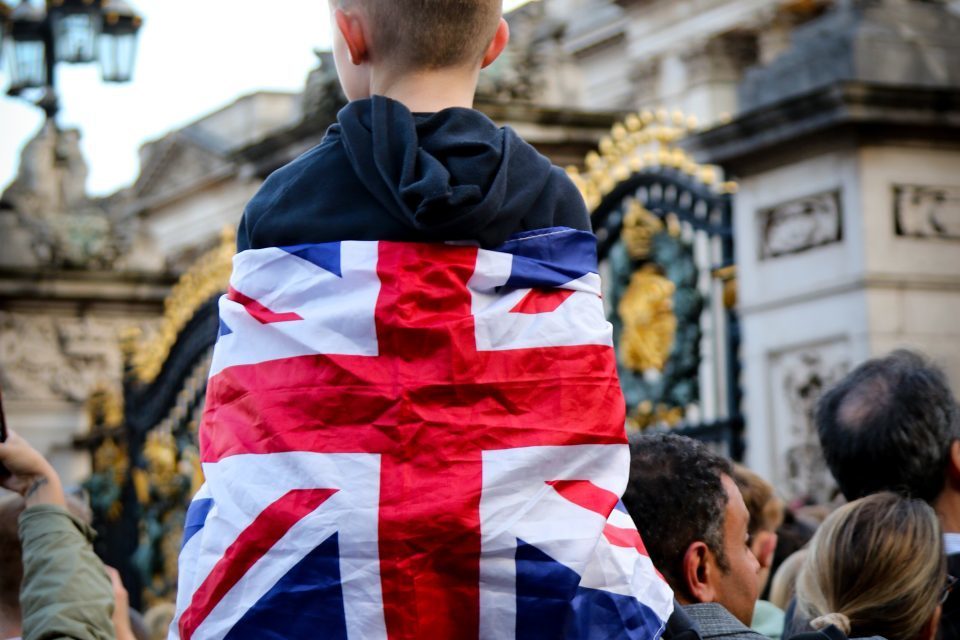More than half of Christians in the United Kingdom claim to have experienced hostility and ridicule for their faith, according to a study released Thursday.
The report, titled “The Costs of Keeping the Faith,” was compiled by the nonprofit Voice for Justice UK (VfJUK) and found that of the more than 1,500 respondents from different Christian denominations and age groups, 56% reported negative pushback for sharing their beliefs in some capacity.
Of those under 35, that number jumped to 61%.
“Bullying was also reported,” reads an executive summary of the report’s findings. “Christians did not feel free to express their views at work. The younger generation appeared to have had more of these negative experiences than the older generation, suggesting that things were getting worse.”
While acknowledging the theoretical legal safeguards for free speech in the U.K., the study claimed the country has exhibited “some of the highest levels of intolerance and discrimination against Christians in Europe,” which researchers attributed to hate speech laws that have led to a prevalence of “harassment, self-censorship, direct and indirect discrimination.”
The third chapter of the study delves into discrimination, which researchers noted is increasingly reported among younger Christians in the U.K. Some of the difficulties were reported in the workplace and ranged from being forced to work unnecessarily on a Sunday to being effectively forced to keep their Christian beliefs to themselves for fear of retribution.
The fourth chapter dedicates special attention to the National Health Service (NHS), which has seen repeated incidents of Christian employees being punished, such as Mary Onuoha, who sued after being forced to resign from a London hospital for wearing a cross necklace.
The study also goes on to explore some of the anti-Christian sentiment in U.K. education, where Christian parents and teachers say they feel increasingly shut out and discriminated against.
The study suggests the situation in the mainstream churches is no better, with the ninth chapter of the study exploring how many of them are “adopting progressive, secular ideologies, with the result that laity can feel discriminated against and are increasingly leaving them.”
Many of the Christians surveyed who held to a biblical standard did not identify with any particular Christian denomination, the researchers noted.
The study found that much of the cultural hostility toward Christians in the U.K. emerges from LBGT ideology and that most of the younger Christians they interviewed who reported worsening persecution also held to a firm belief in biblical teachings regarding sexuality, gender and marriage.
“Our research showed that when it comes to beliefs about marriage, sex, and gender, while the rest of society was swept along by progressive ideologies, most Christians appear to have remained steadfast to orthodox Christian faith,” the researchers wrote. “Counterintuitively, it was often the younger generation who had more traditional views than the older generation.”
“This set Christians on a collision course with progressives,” they added.
The Observatory on Intolerance and Discrimination Against Christians (OIDAC) in Europe issued a statement noting how the study’s “alarming” findings echo some of the trends the observatory has discovered regarding the rise of anti-Christian sentiment in historically Christian countries.
The OIDAC in Europe, the OIDAC in Latin America and the International Institute for Religious Freedom compiled a report in 2022 titled “Perceptions on Self-Censorship: Confirming and Understanding the ‘Chilling Effect,'” which found that many Christians in such countries are silencing themselves.
To avoid general and vague assessments, the researchers limited themselves to European Christians in France and Germany and Latin American Christians in Mexico and Colombia.
They found that despite the lack of overt, physical persecution, many Christians in those countries were self-censoring their beliefs to avoid more subtle and pervasive persecution, which the study likened to “death by a thousand cuts.”
“A few cuts do not kill you and barely hurt,” researchers said at the time. “But continuous small strikes eventually have an impact. We posit that the accumulation of seemingly insignificant incidents creates an environment in which Christians do not feel comfortable — to some degree — to live their faith freely.”
“Indeed, Western Christians experience a ‘chilling effect’ resulting from perceived pressures in their cultural environment, related to widely mediatized court cases,” they added.
The number of Christians in the U.K. has been declining, according to a 2022 survey of more than 3,000 U.K. adults commissioned by five Christian organizations.
According to data released by the U.K.’s Office for National Statistics that year, less than half of the population identifies as Christian for the first time since the country’s first census in 1801.
The data showed that only 46.2% — or 27.5 million of the country’s more than 67 million people — say they are Christian. In the 2011 census, 59.3% of the population — or 33.3 million people — described themselves as Christian.
Jon Brown is a reporter for The Christian Post. Send news tips to jon.brown@christianpost.com



